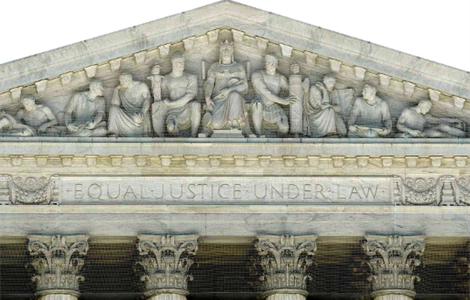United States Supreme Court rules in favor of Burns Charest clients in Texas takings case

The United States Supreme Court issued an opinion ruling in favor of Burns Charest clients and takings plaintiffs. In the opinion, the unanimous Court determined, based on representations made during argument by the Texas Solicitor General, that the federal Takings Clause remedy was available under Texas law and, as a result, the Court did not need to reach the independent question of whether or not the U.S. Constitution, of its own force, provides an independent right of action. In the opinion, the U.S. Supreme Court vacated the appellate court’s ruling and ordered the case remanded. As a result of the vacatur of the appellate court ruling, the trial court’s determination that the U.S. Constitution provides a direct cause of action remains in place. But plaintiffs now have another claim, based on Texas common law’s recognition of the U.S. Constitution’s Takings Clause, that they can bring.
On remand, Burns Charest plans to amend the pleadings to include the Texas common law claim and continue forward in the case. At present, motions for class certification and summary judgment are pending. While they may need to be amended in form, they will remain substantively the same under the U.S. Supreme Court’s ruling.
The Burns Charest team, including Daniel Charest and Larry Vincent have been on the case from the beginning. They developed the case to both predict this level of review and protect the outcome to help the clients. And, during the appellate process, they continued to press the case to make it effectively trial ready.
“The Supreme Court vacated an erroneous ruling by the Fifth Circuit, confirmed that the clients can obtain the protections of the U.S. Constitution, and left all claims intact,” said Charest. “We look forward to returning to the trial court, pushing the case forward, and obtaining a just reward for our clients.”
The case is Devillier v. Texas, case number 22-913, in the Supreme Court of the United States.